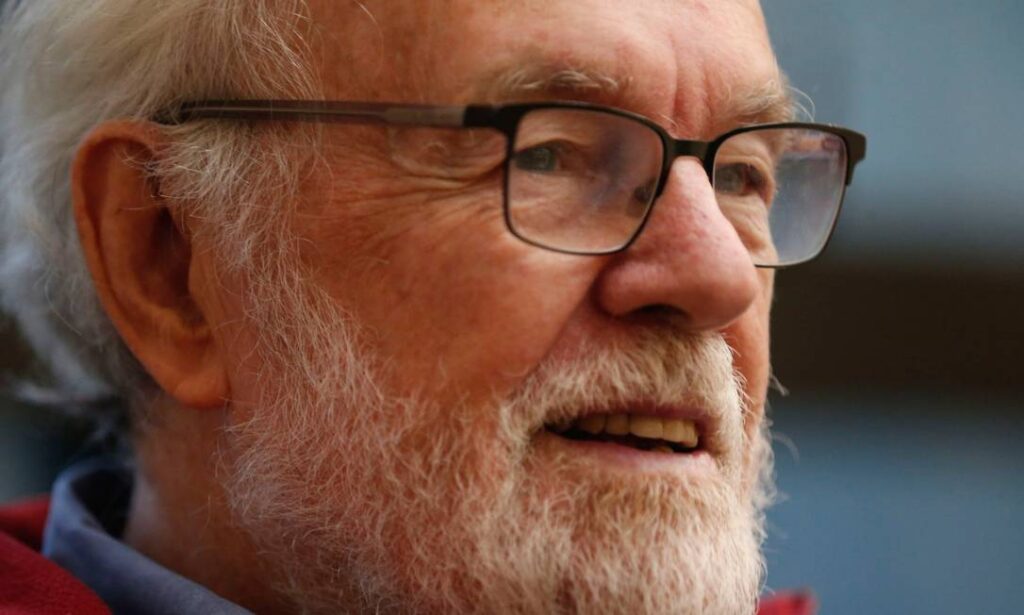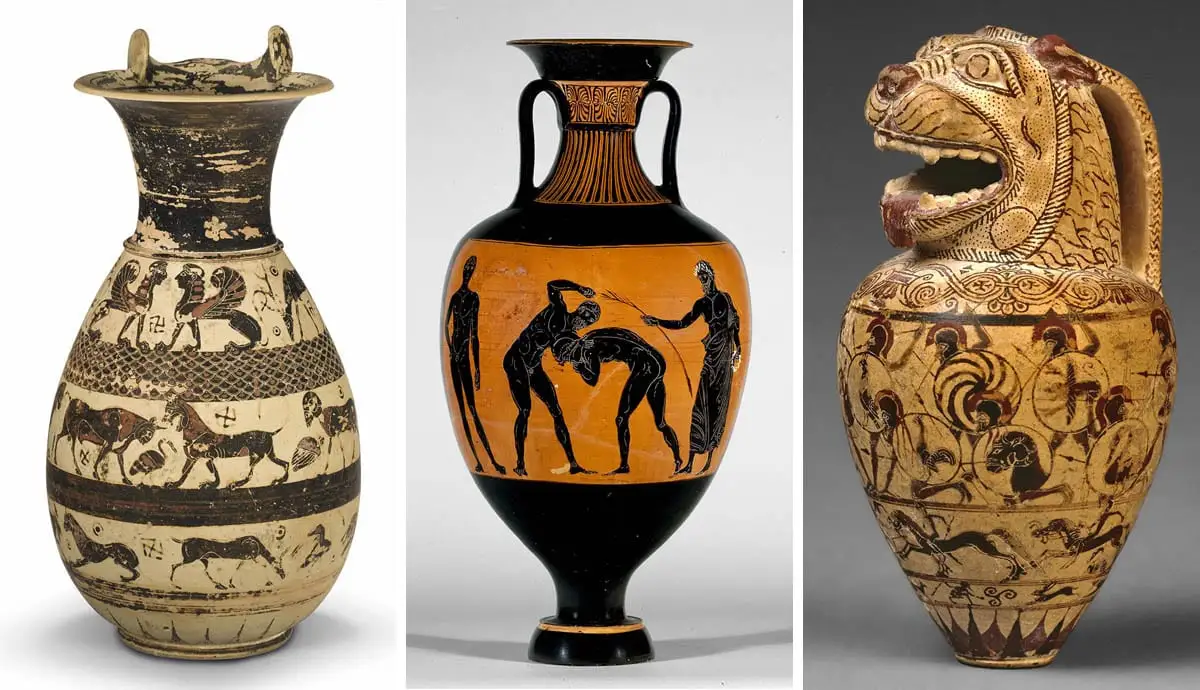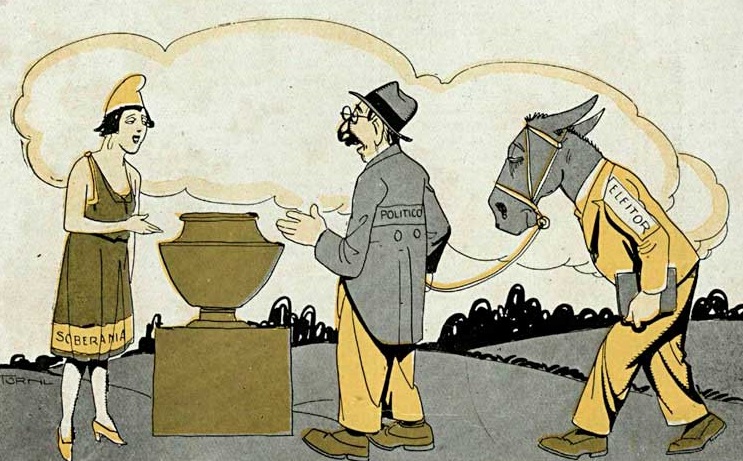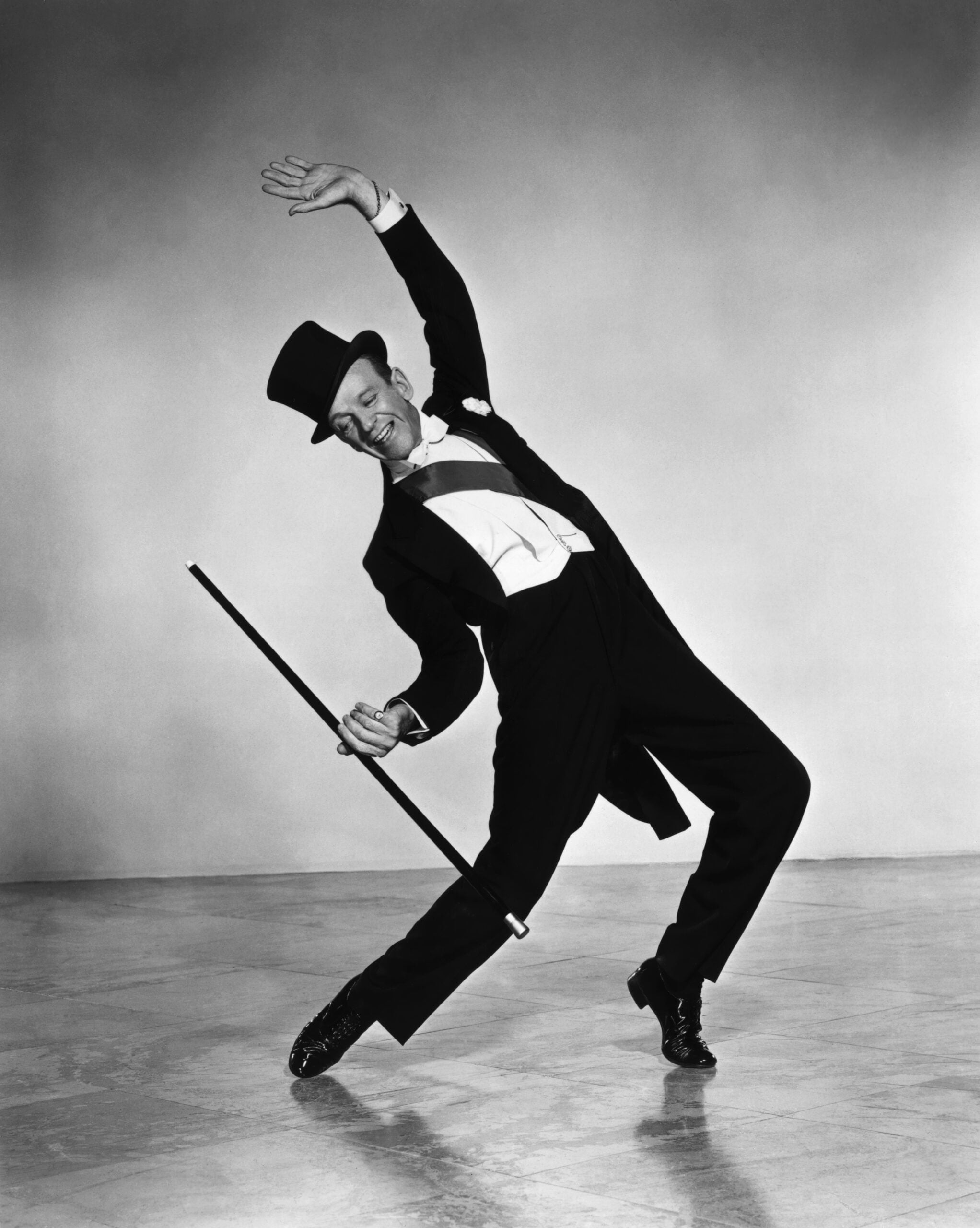summary
Toggleintroduction
Rebel Cities: From the Right to the City to the Urban Revolution, written by David Harvey and edited by Martins Fontes, is a work that brings a profound analysis of the role of cities in social transformation, addressing the contradictions of urbanization and anti-capitalist movements. The book is especially timely after the cycle of struggles and occupations that took place from 2011 onwards in North Africa, bringing down dictatorships in Tunisia, Egypt, Libya and Yemen, and spreading across Europe, with occupations and strikes in Greece and Spain, in addition to revolts in the London suburbs, in the student movement in the streets of Santiago, Chile, in Occupy Wall Street, in New York, and in the journey of struggles in Brazil during the tariff revolt in 2013.
lefevbre's legacy
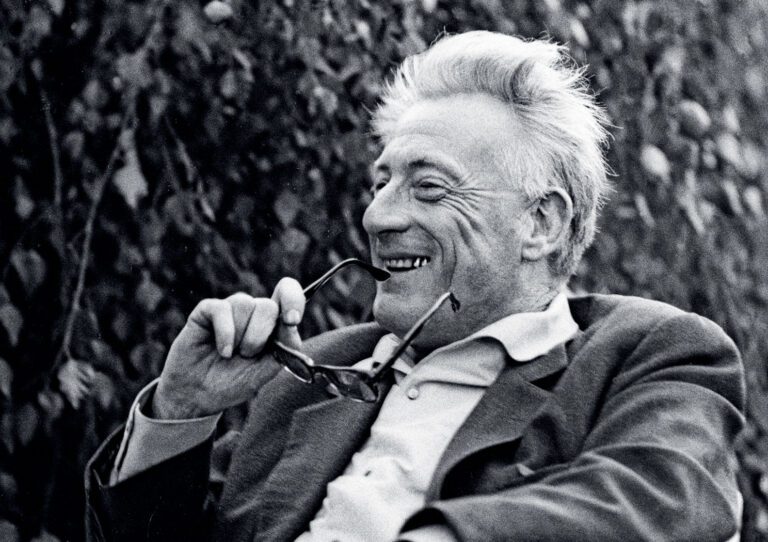
The author starts from the legacy of Henri Lefebvre, who wrote “The Right to the City” in 1967, anticipating the trend of revolts and struggles that would mark May 1968 in Paris and in several cities around the world. Lefebvre perceived the existential pain of the devastating crisis of everyday life in the city and presented the need to face it and create an alternative urban life, less alienated, more meaningful and fun, but also conflicting and dialectical. He challenged traditional Marxism by defending that the revolutionary working class was formed by urban workers, not just by factory workers, repositioning the character of theory and practice as praxis from the multiplicity of urban movements in the struggle for the right to the city.
resurgence of the right to the city
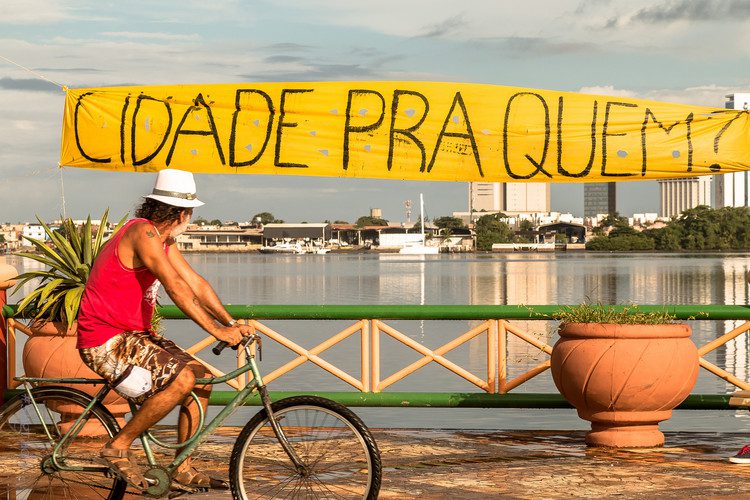
In recent decades, the idea of the right to the city has strongly resurfaced and developed through the struggles of social movements. These practices, which appear in the streets, neighborhoods and squares, reinforce Harvey's argument that the urban is a space of segregation, separation and domination, but also of encounter, simultaneity and reunion. These political practices have filled the “empty signifier” of the right to the city, seeking to concretize the course of the urban revolution, according to the challenges presented by Lefebvre and updated by Harvey, who convincingly argues that only when politics focuses on the production and reproduction of life urbanization as an essential work process, capable of generating revolutionary impulses, it will be possible to carry out anti-capitalist struggles capable of radically transforming everyday life.
a new city
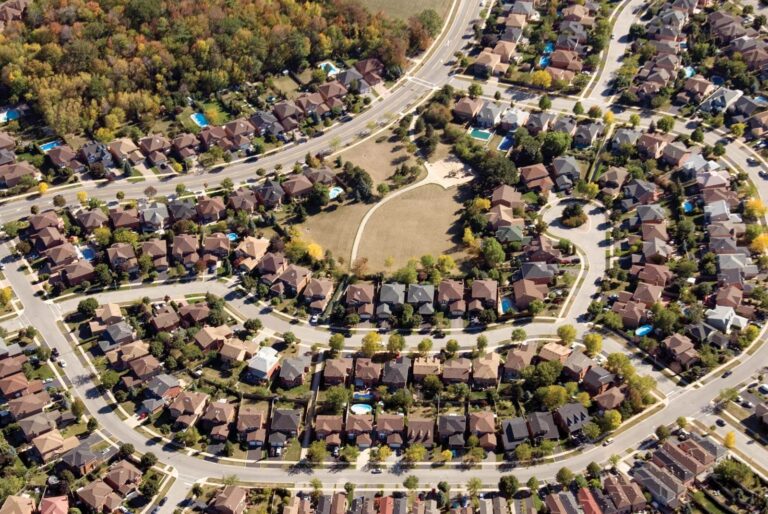
The author argues that our political task is to imagine and reconstitute a new type of city. He highlights how the traditional city we know was imploded and killed by unbridled capitalist urbanization, which seeks to accumulate capital for its reproduction through disorderly urban growth. Harvey highlights three key processes in this regard: Haussmannization, urban reform in Paris that expelled poor workers from the center and established the boulevards; suburbanization in the postwar United States.
This type of urbanization resulted in the home ownership society, with the expansion of cities to peripheral areas and the emergence of the suburbs as a symbol of the American dream. This urbanization model, based on spatial segregation and dependence on automobiles, contributed to social fragmentation and the exclusion of the poorest, who were trapped in areas without adequate infrastructure and basic services.
Given this scenario, Harvey argues that the struggle for the right to the city should be understood as a struggle for a fairer and more inclusive city, which meets the needs and desires of the population instead of serving the interests of capital. He emphasizes the importance of thinking about alternatives to the logic of the real estate market, which promotes gentrification and expels low-income residents from urban centers.
class struggle and urban space
The author also discusses the need to rethink the relationship between urban space and capital, emphasizing that the city is a place of production and accumulation of value. He criticizes the idea that unlimited economic growth is the only path to urban development and proposes the reorganization of production and distribution of resources as a way to promote a more sustainable and equitable city.
In addition, Harvey highlights the importance of social movements in the fight for the right to the city. He analyzes examples of urban mobilizations around the world, such as the Occupy movements and occupations of empty land and buildings by homeless residents. These collective actions aim to claim urban space as a common good and reverse neoliberal policies that privilege private interests to the detriment of collective well-being.
conclusion
Throughout “Rebel Cities”, Harvey presents a critical view of the current urbanization model and proposes alternatives for a fairer and more sustainable city. He emphasizes that the fight for the right to the city is not just a fight for decent housing, but also for a city that promotes social equality, democratic participation and quality of life for all its inhabitants. In this sense, the book becomes indispensable reading for those interested in understanding and transforming contemporary urban dynamics.
frequently asked questions (faq)
What is the central theme addressed in the book “Rebel Cities” by David Harvey?
The role of cities in social transformation based on the contradictions of urbanization and anti-capitalist movements.What are some examples of resistance movements mentioned by the author?
Occupation and strike movements in Greece and Spain, uprisings in the London suburbs, the student movement in Santiago, Occupy Wall Street in New York and the journey of struggles in Brazil in the tariff revolt in 2013.Why is the right to the city considered fundamental in the fight against urban inequalities?
The right to the city allows people to have access not only to urban resources, but also the power to change and reinvent the city according to their desires and needs.What are some examples of events that the author criticizes as a result of runaway capitalist urbanization? The Haussmannization of Paris, suburbanization in the United States and the recent real estate crises are examples highlighted by the author.
Who is David Harvey?
David Harvey is a British geographer and social theorist, professor emeritus at the City University of New York, known for his studies in urban geography, Marxist theory and analysis of the relations between space and power in contemporary society.
